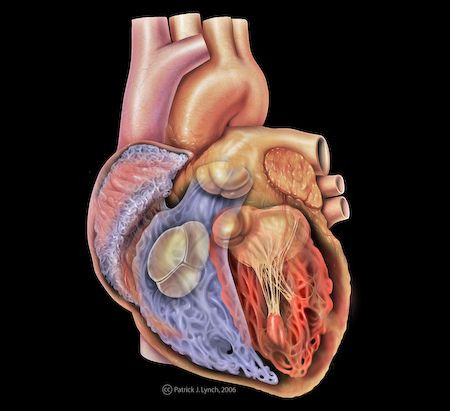Stent Design Flaw May Put Patients At Risk

Some coronary stents are poorly designed to resist shortening causing heart damage, according to a case report.
Patients experienced a heart attack after the Ion Stent by Boston Scientific in the artery shortened. The results indicate that some stents are susceptible to becoming deformed, which could result in adverse clinical results.
The report was written by Dr. Cindy Gines and colleagues at the Detroit Medical Center Cardiovascular Institute and was published in the Journal of Interventional Cardiology.
Coronary stents are tiny tubes made of metal or plastic mesh-like material placed in an artery to hold it open and prevent them from re-closing, according to the National Institutes of Health (NIH).
The report identified observed deformity in cases using a particular type of stents. The shortening occurred when the clinician attempted to complete the procedure with the typical catheters and balloons used after a stent is implanted.
Stent shortening and deformity can cause serious complication for patients; in this case the stent clotted off and the patient had a heart attack.
The report author pointed out that the results are "disturbing" and that because clinicians, researchers, and regulators are rapidly investigating the issue, hopefully there will soon be new recommendations regarding the use of this particular design of stents.



























